Featured Panoramic Photo Above:
Classic Charles Conlon photo of Ty Cobb sliding into Jimmy Austin
Baseball History Comes Alive Now Ranked As a Top Five Website by Feedspot Among All Baseball History Websites and Blogs!
(Check out Feedspot's list of the Top 35 Baseball History websites and blogs)

Guest Submissions from Our Readers Always Welcome! Click for details
Scroll Down to Read Today’s Essay
Subscribe to Baseball History Comes Alive for automatic updates. As a Free Bonus, you’ll get instant access to my Special Report: Gary’s Handy Dandy World Series Reference Guide!
Baseball and World War I Photo Gallery
Click on any image below to see photos in full size and to start Photo Gallery:
Book Review:
This Never Happened,
The Mystery Behind the Death of Christy Mathewson
by
J.B. Manheim
(Reviewed by Gary Livacari)
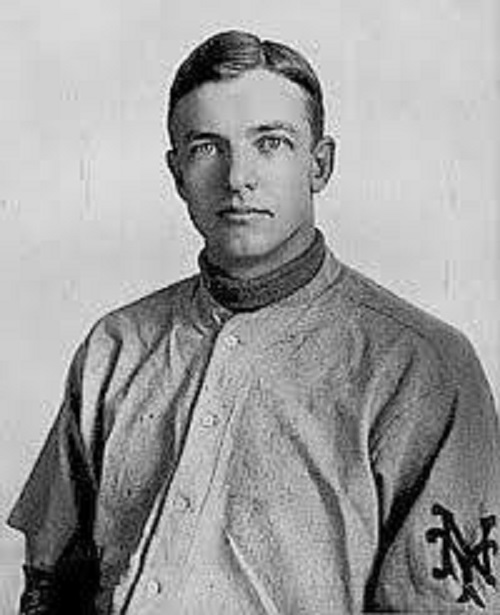
I was recently contacted by Jarol Manheim, Emeritus Professor of Media and Public Affairs and Political Science at George Washington University. He asked if I’d be interested in reviewing his novel, This Never Happened, The Mystery Behind the Death of Christy Mathewson, which is the first in his series called The Deadball Files — four baseball-themed mysteries and thrillers from the genre of alternative history. The author describes the series as follows: “Each book is based on some event from the Deadball Era that gives rise to a contemporary plot, and each includes both baseball and more general historical references.”
Of course, as someone with an ongoing interest in the Deadball Era, this immediately piqued my curiosity. The event that serves as the backdrop for this novel is the premature death at age 45 of the Giants’ great pitcher, Christy Mathewson, following his exposure to poisonous gas during World War I — a tragic accident from which he never fully recovered.
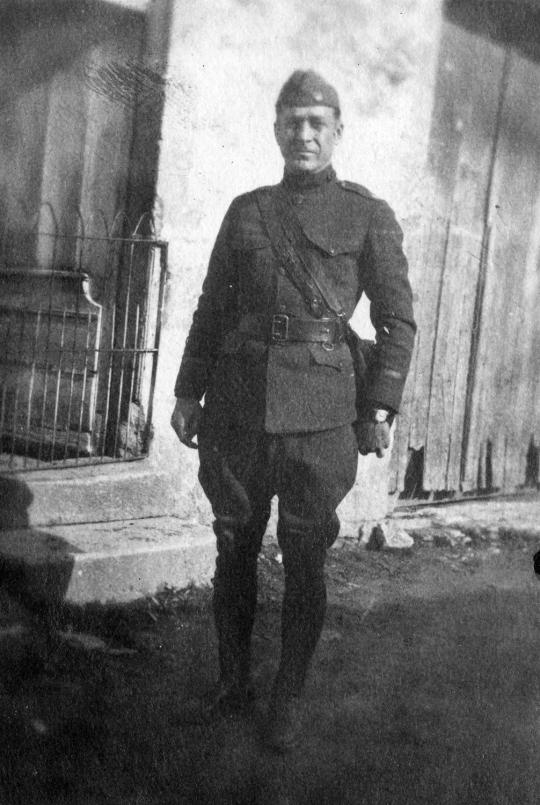
The historical setting is 1918 during the Great War. Baseball was under intense pressure to show its support for the war effort. After canceling baseball’s exemption from military service, Secretary of War Newton Baker issued a directive offering players a choice between either serving in war-related activity or being drafted into the army. They were to be treated no differently than other able-bodied men of military age. Many players opted for the more patriotic-appearing route of volunteering for service. For others, this meant soft duty playing stateside baseball in industrial leagues rather than fighting and dying in the trenches of France.
That Never Happened is a fictionalized account of events at Camp Hancock, located during the war near Augusta, Georgia. Due to recently discovered military documents, we now know that the camp was home to at least seven major leaguers, all but two Hall of Famers. The players were recruited for Chemical Warfare Service by Major Branch Rickey. It was meant to be a high-profile unit created for recruitment propaganda purposes and to polish baseball’s wartime image. Rickey’s first inductee was the saintly Christy Mathewson, whose presence, Rickey correctly surmised, would serve as a valuable recruiting tool to attract other athletes. Appealing to Mathewson’s sense of patriotism, the plan worked. Lieutenant Mathewson reported for duty, and he was followed by other major leaguers. Their training included the hazardous duty of handling and deactivating poisonous gases.
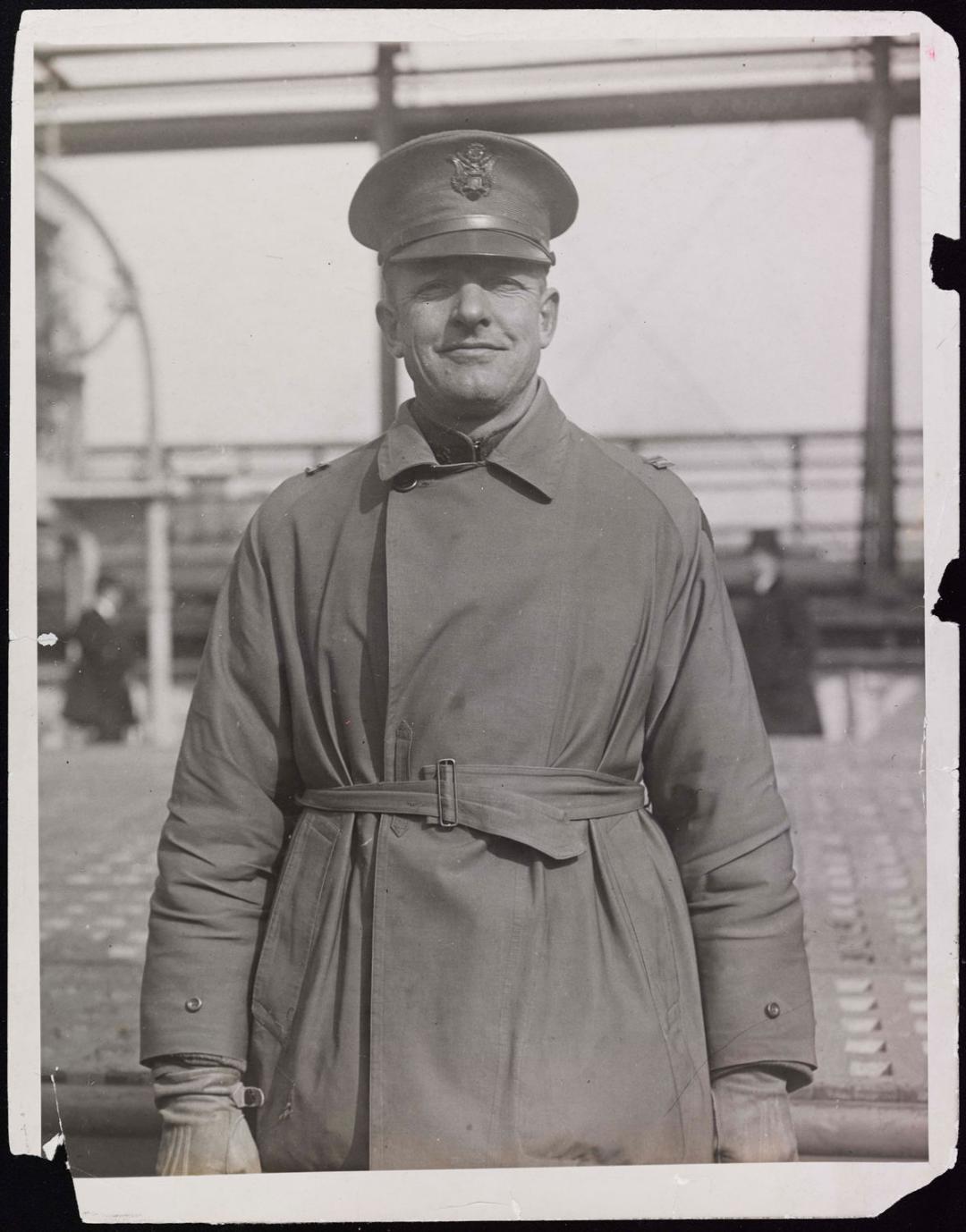
Students of baseball history with a general familiarity with the Deadball Era will have no trouble recognizing the novel’s cast of characters. Besides Mathewson and Rickey, the irascible Ty Cobb plays a major role. Hall of Famers Honus Wagner, Frank Chance, Frank “Homerun” Baker, Ed Walsh, and Max Carey make appearances, as does Davey Jones, and even Christy Mathewson’s wife, Jane.
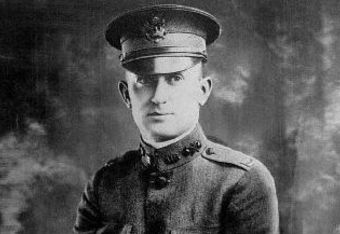
The official version of this snapshot of baseball history is that Cobb and Mathewson volunteered for service and, after their training was complete, they were shipped overseas. While in France, they were exposed to poisonous gas during a chemical training accident, Mathewson being the more severely injured, leading to his early death from tuberculosis in 1925.
But can we be sure that’s what actually happened to this legendary baseball figure? Could there be more to the story? Has Major League Baseball been hiding a different, more sinister version for over one hundred years? And if so, why? Author J.B. Manheim tackles these intriguing questions after uncovering genuine historical documents and military papers from 1918, including the payroll records of this training unit, Ordinance Depot Company No. 44. All the aforementioned ball players are listed on the payroll roster, so their historical presence at the camp has been confirmed.
And yet, other than in these newly discovered documents, this high-profile unit, assembled for propaganda purposes, seems to have been erased from the historical record. No one has ever heard of it. Why would that be? Is something being covered up? Those are the questions the author sought to answer. These new documents seem to dispute the sanitized official version. The author then weaves an alternative — admittedly fictionalized — sequence of events into a fast-paced novel that leaves the reader wondering just what really happened at this camp.
The story Manheim creates centers around an ace reporter for the Sporting News, JT Willett. He was on a cross-country 1930s quest to discover and then expose the truth prior to the opening of the National Baseball Hall of Fame in Cooperstown, New York. He was fully aware that his scoop had the potential to rock the baseball world to its core. Unfortunately, Willett’s untimely death ended this quest and his notes fell by chance into the hands of an eccentric drifter, Jocko Drumm. They remained buried and forgotten in an old farm shed in upstate New York for many decades until rediscovered by Jocko’s grandson, Jason Drumm, and his friend, Adam Wallace, the protagonists of the story. What follows is an interesting tale of deceptions, multi-million dollar thefts, and multi-layered cover-ups, involving the highest-ranking government and baseball officials.
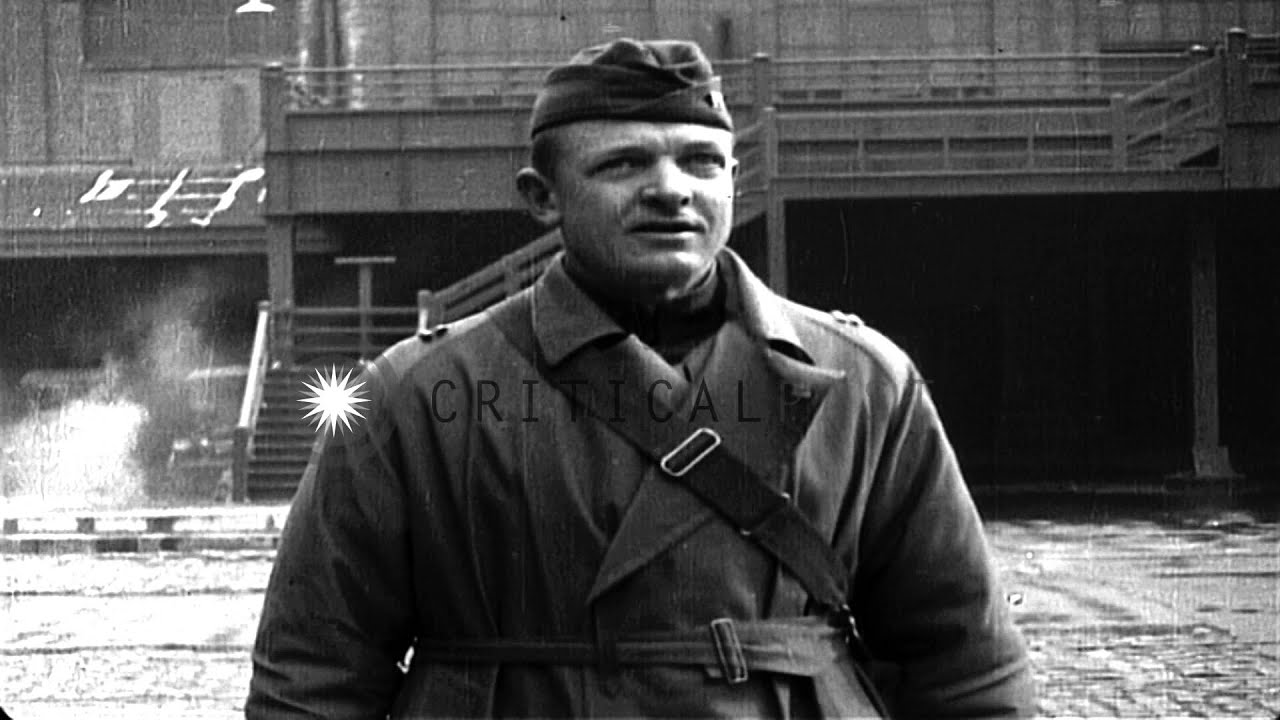
I really enjoyed This Never Happened. I came away impressed with the author’s writing skills, including his outstanding character development and his ability to create and develop a fictionalized plot — alternating between flashbacks and current day — that holds the reader’s attention from start to finish. Although I knew from the beginning that it was a work of fiction, by the end I found myself wondering if the story the author stitches together was actually closer to the truth than the official version, which, Manheim makes clear, doesn’t completely add up. We may never know.
The fact that I’m familiar with all the involved baseball personalities, and with this era of baseball and American history, added to my enjoyment. This Never Happened, The Mystery Behind the Death of Christy Mathewson, is a fascinating book I can recommend to all baseball history fans and to all others who are interested in learning about the unique role baseball played in early twentieth-century American history.
Gary Livacari
Subscribe to our website, Baseball History Comes Alive with over 1400 fully categorized baseball essays and photo galleries, now surpassing the one million hits mark with 1, 102,000 hits and over 950 subscribers
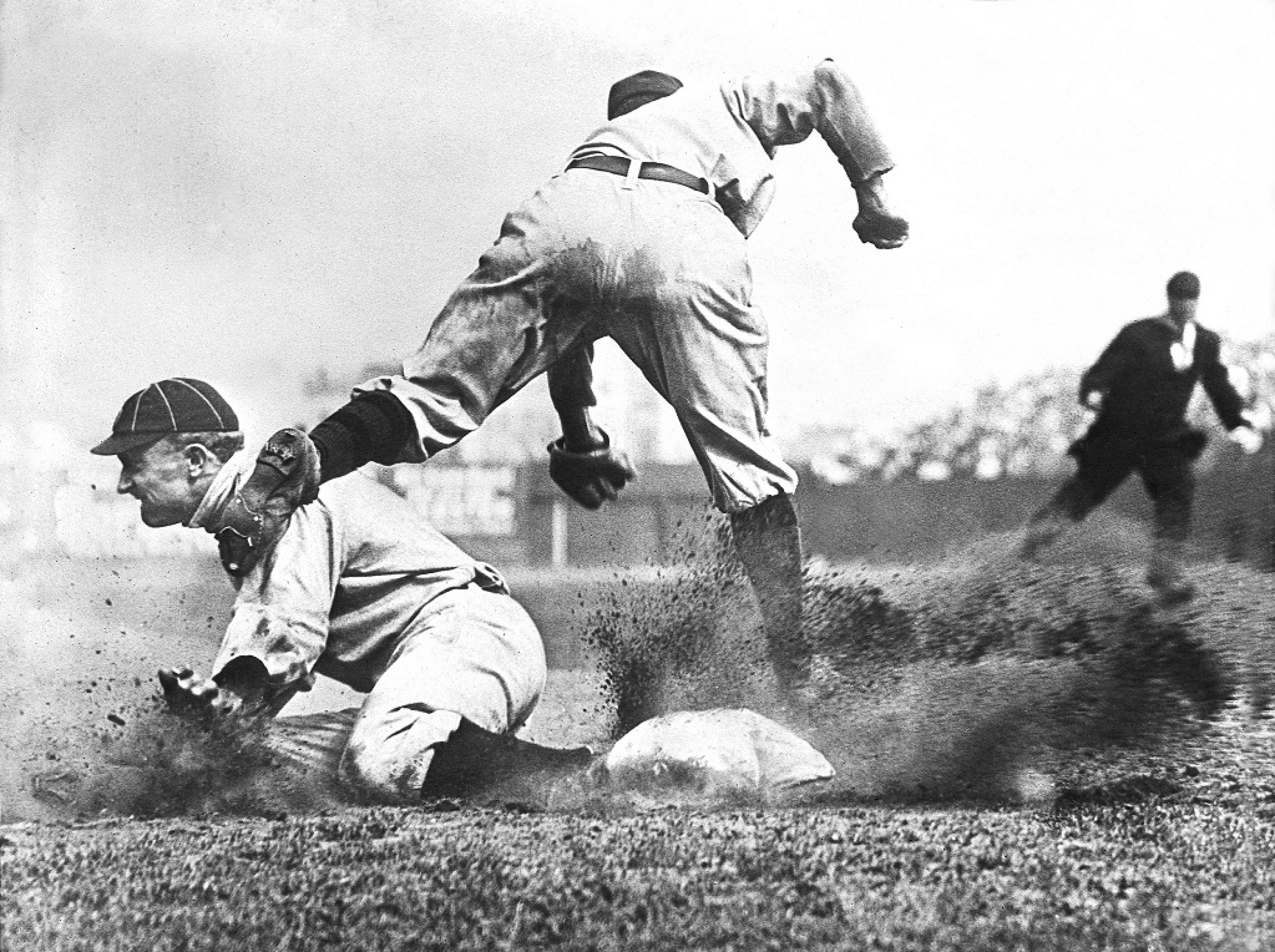
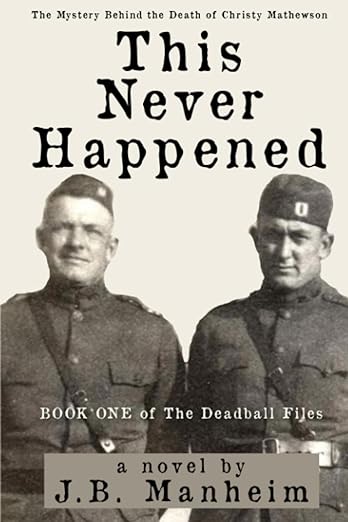
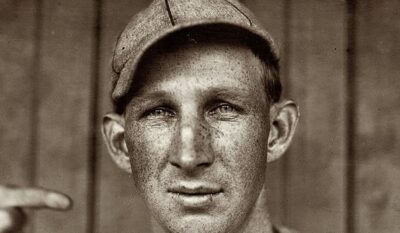
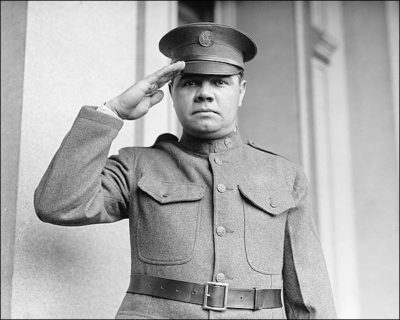
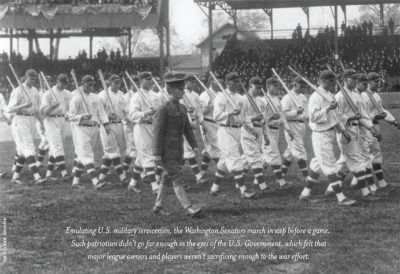
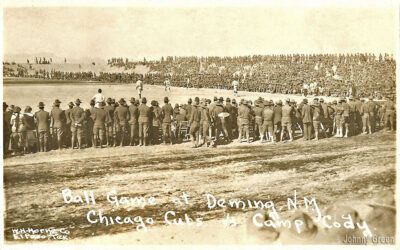
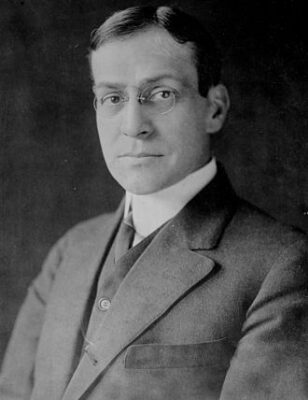
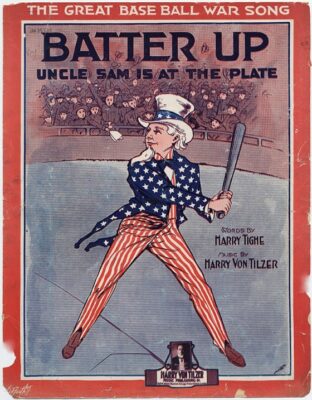
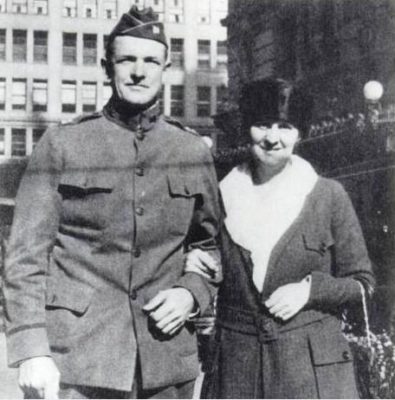
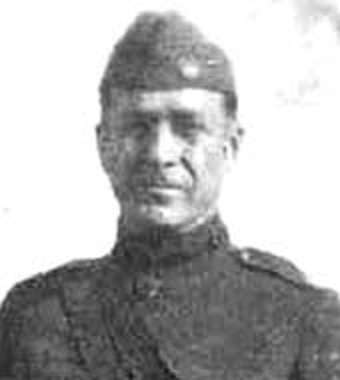
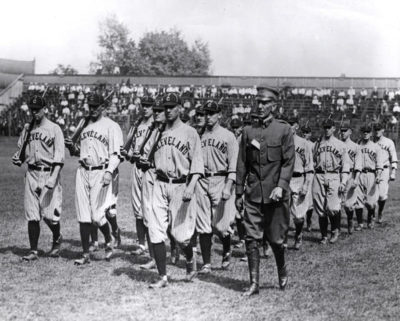
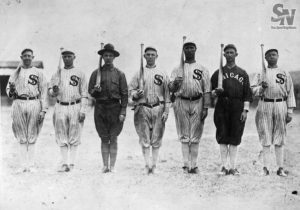
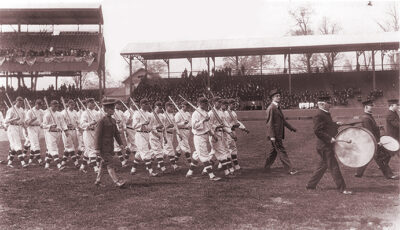
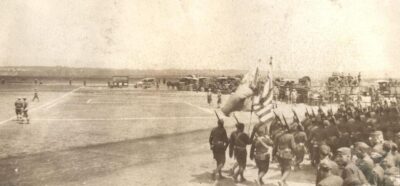
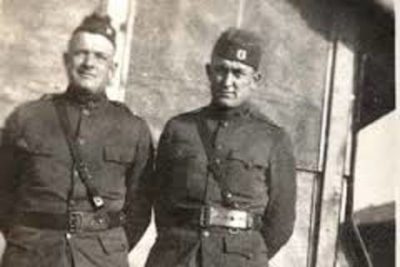
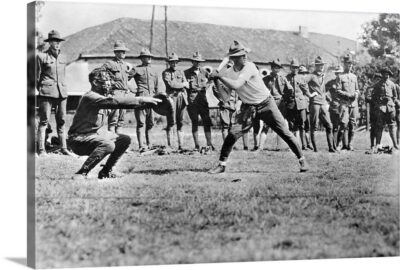
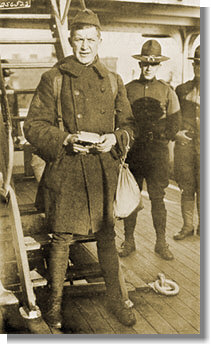
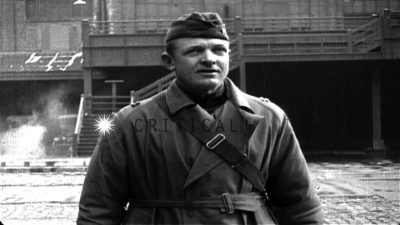
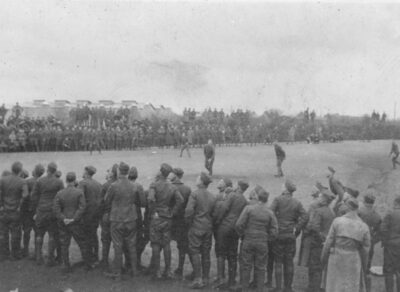
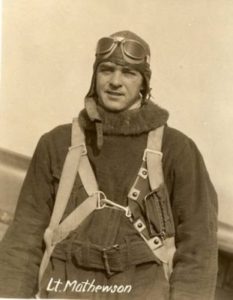
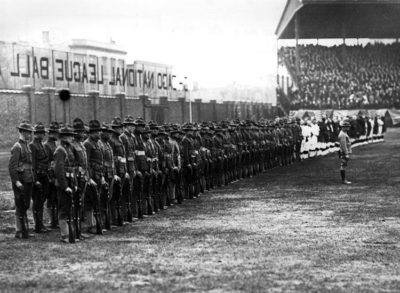
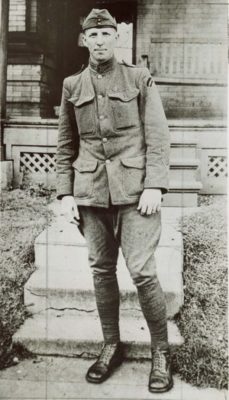
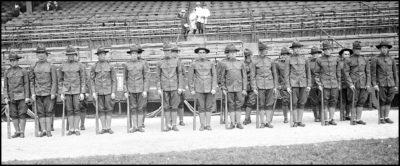
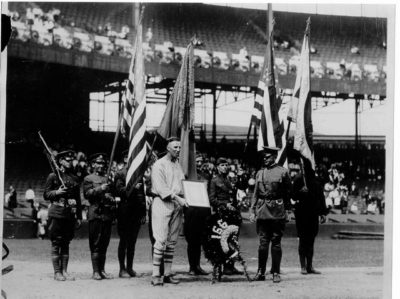

I read the excerpt on Amazon and I’ll be heading over to the library soon.
Thanks for publishing your review.
Thanks John…I think you’ll enjoy it.
That photo of Lt. Mathewson in flight gear is Christy’s son.
Yes Gary, it sounds like a compelling read for sure. The premature passing of Christy Mathewson is indeed, one of baseball’s most unfortunate events. What a contrast in level-of-participation by the WWI players that served….some saw actual combat, while others stayed in the U.S. and played baseball. Similar to others during the WW2 conflict. For example, Ted Williams saw active combat as a fighter pilot, while the narcissistic Joe DiMaggio stayed stateside to play and coach baseball.
Thanks Tom…great insights about Williams and DiMaggio.
In an incredible coincidence, J.B. Manheim was one of my son’s college professors at George Washington University in D.C. I was happy to hear that Professor Manheim had nice things to say about my son, Gary J. Livacari, who he remembered very well. What are the odds??
However, to DiMaggio’s credit, Tom, Joe D. admitted he had a much easier tour than either Williams or Feller and volunteered for active duty in his last year. The request was denied for physical reasons.
Thnx for that clarification, Senor Schaefer. My guess would be that Joe D. already knew he wasn’t going to be accepted when he “volunteered” for active duty during his last year in the service. With all of his talent and accomplishments taken into account, imho he was the consummate egomaniac and self-promoter. If that’s not so, why then did he retire prematurely once his advancing age had diminished his skills, there-by jeopardizing his status as the “Yankee Clipper, Super-star GOAT” ? He never could handle being “2nd fiddle” to anyone. Not even to Marilyn. {At least that’s what I’ve read in various articles about him.} Appreciate your insight.
You may be a wee bit tough on Joe, Tom.
Certainly, he was flawed but at times heroic. The ’49 season was a case in point, when he battled a serious foot injury and viral pneumonia to almost single-handedly destroy the powerful Red Sox and help the Yankees win one of the great pennant races of all-time.
New York writers and players agreed DiMag made everyone better when he was in the lineup. Not so much so for Ted Williams.
He admitted he was far from an ideal husband. And your “consummate egomaniac” assessment is basically true, including not handling “2nd fiddle” status to either Monroe or Mantle.
But that had nothing to do with his ’51 retirement. It was not premature, as Joe had battled injuries for years and that year his performance was well below the DiMaggio norm. He admitted, “I’m a bundle of aches and pains and can no longer help the team. The game just isn’t fun anymore and for that reason I’ve played my last game of ball.”
The comic actor Marty Feldman made such a profound statement, “In the dance you can aspire to be a Gene Kelly. And in baseball, a Willie Mays. But you can never aspire to be a Fred Astaire or a Joe DiMaggio because their feet never touch the ground.”
Thanks for your always interesting contribution, Mr. T.
Thnx Prof. Schaefer, for pointing out some facts that allow me to see Joe D. in a little different perspective. Maybe I have the opinion of him that I do; because it seemed like he always had to be the “Star of the Show”. An “all or nothing” attitude. It’s been well documented; how @ the various Old-Timers games that he participated in, he insisted that he be the last player to be announced during pre-game ceremonies. Enjoyed the analogy of Kelly and Astaire. Thnx. Always enjoy your BHCA posts, sir.
See, Tom, you have an open mind–while I’m stuck with a hole in my head!
Appreciate you as an amazing contributor!
Great review. I’ll buy the book. Wonder how many current players would offer to leave their baseball careers and go to war. Always learn something from reading your site!
Thanks Sue! And we’re glad to have you with us!